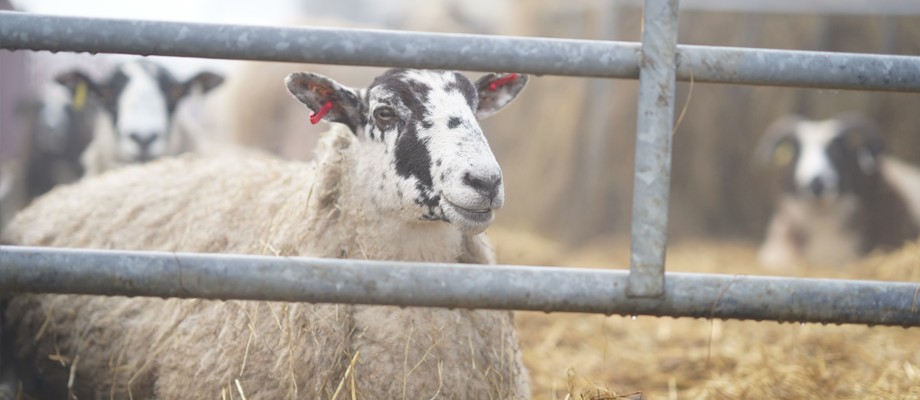
Liver Fluke
November 16, 2023
Liver fluke has a significant impact on beef, sheep and dairy sectors. The threat of resistance to some of the available products has started to loom large and a whole farm approach is necessary to avoid parasite challenge and make correct treatment decisions rather than dosing routinely and potentially unnecessarily.
Routine fluke treatment is not only an unnecessary expense but also a waste of flukicide which has impacts on the development of resistance and the environment. The fluke situation will be different on each individual farm and vary from year-to-year dependant on the grazing conditions and weather. Fluke can be identified as a potential risk via post mortem of fallen stock, abattoir feedback or blood testing of first season grazing stock to check exposure. At the start of the grazing season a pooled faecal egg count test is a practical way to assess the presence of fluke carried over winter from the previous grazing season. If infection is identified a product targeted at just adult fluke can be used. Into the autumn/winter treatment should still only be targeted in response to exposure/active infection diagnosed by faecal coproantigen testing or blood tests – if these show early exposure a product that targets early immature fluke would be indicated.
